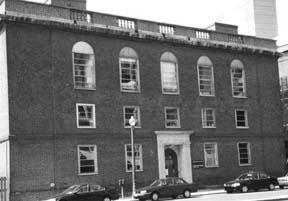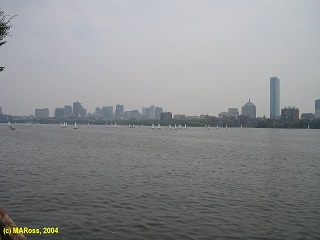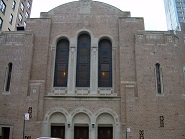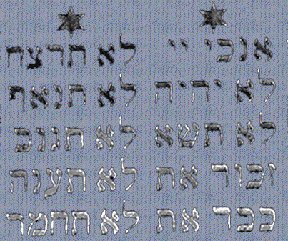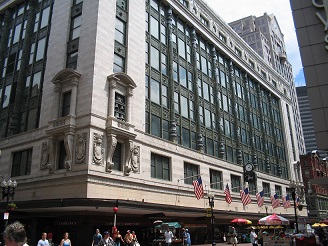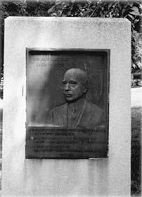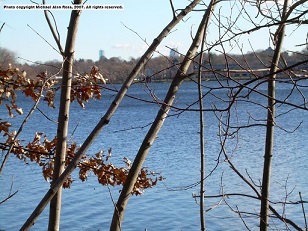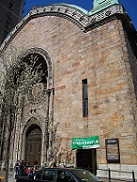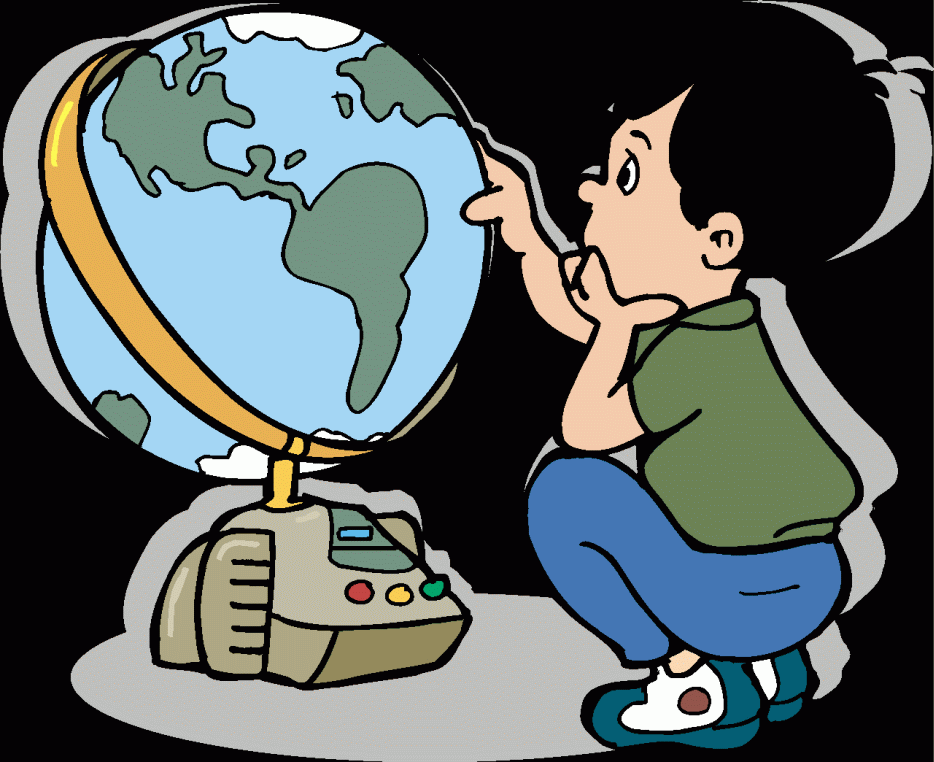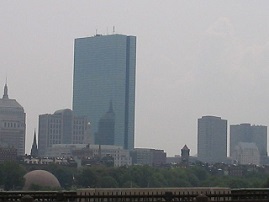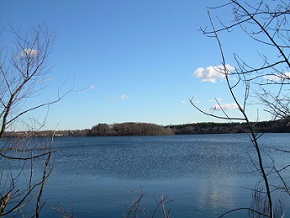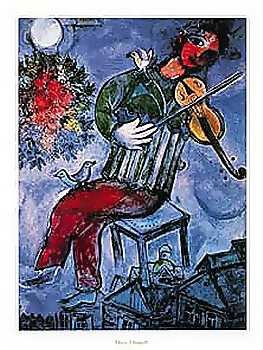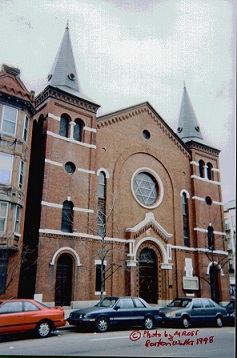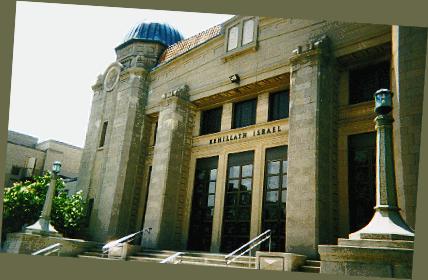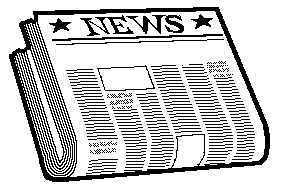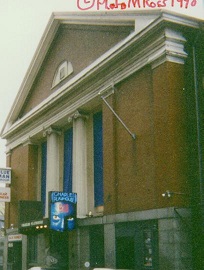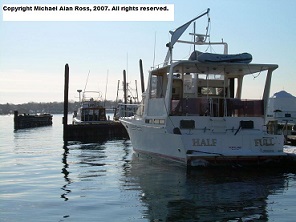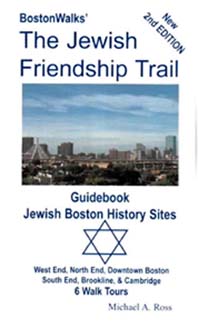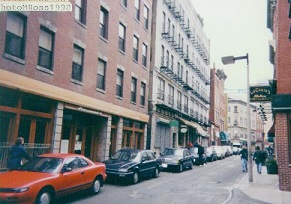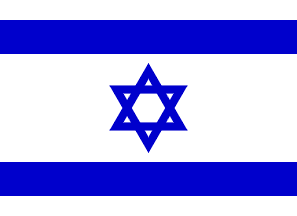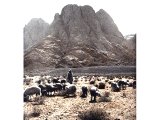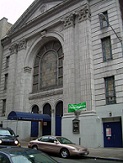CLICK HERE TO VIEW OUR MOST RECENT WEBSITE
JEWISH SITES & HISTORY IN PHOENIX AND SCOTTSDALE, ARIZONA
Discover Jewish History in Some of America's Greatest Cities!
Jewish Friendship Trail Guidebooks, as of 2020, only are available directly from the author/publisher. To purchase a Jewish Friendship Trail Guidebook, Email: BostonWalks
NOW AVAILABLE - (1) Phoenix Scottsdale Jewish Friendship Trail GuideBook
with 7 Tours of Sites of Phoenix Scottsdale Jewry!
Was $19.95 USD Now $8.00 USD + $3 Media Mail
Order your copy now directly from publisher.
(2) BostonWalks Jewish Friendship Trail GuideBook
with 6 Tours of Sites of Boston, Brookline, and Cambridge Jewry!
Was $19.95 USD Now $8.00 USD + $3 Media Mail
Order your copy now directly from publisher.
(3) BostonWalks The Ten Commandments GuideBook
with creative suggestions for approaching our Ten Commandments!
Was $19.95 USD Now $8.00 USD + $3 Media Mail
Order your reduced price copy now directly from publisher.
Email: BostonWalks
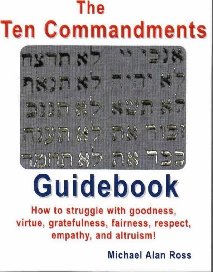
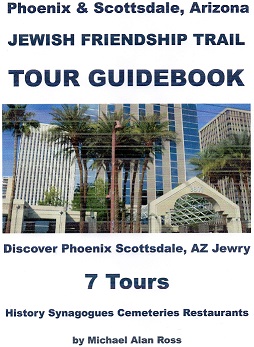


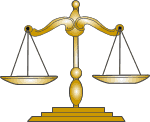
Discover the Boston homes of Justice Louis Dembitz Brandeis here! |
![]() Filene
Filene![]() Best of Boston
Best of Boston![]() NYC UWS
NYC UWS![]() Brandeis
Brandeis ![]() Love Your Neighbor
Love Your Neighbor![]() Watertown, New Town, & Muddy River
Watertown, New Town, & Muddy River![]() Walk Near Water
Walk Near Water![]() Refute Hate
Refute Hate![]() Walk West/North Ends
Walk West/North Ends
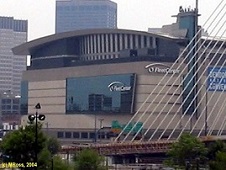
"TD BankNorth Garden" Boston, MA - Site of the 2004 DNC!
Now available!The Jewish Friendship Trail Guidebook
6 Self-Guided Walking/Bicycling Jewish Boston History Tours Covers
Boston, Brookline, and Cambridge Softcover 198 pages with maps &
b/w photos Click here |
Now available!
The Ten Commandments Guidebook Ways to
Self-Struggle with Classic Morals In Song, Poetry, and Prose
Covers 10 Commandments Plus One Other! Softcover 153 pages with
practical suggestions pages! Click here |

Boston Walks Home
Historical Perspectives and Recollectionsofthe original New England towns known as
Boston, |
Copyright Michael Alan Ross 1997-2015
All
Rights Reserved.
Email BostonWalks

Presentated byBostonWalks, Guidebook Publishers/Distributors
|

"We are God's stake in human history. We are the dawn and the dusk, the challenge and the test."A. Heschel, referring to the Jewish responsibility to bring Godliness to one's daily pursuits. |
The English, who landed on America's shores in the seventeenth century and who often viewed themselves as new Israelites, might have
theoretically agreed with this instruction from twentieth century Jewish theologian
Heschel; but, in retrospect, they went astray in some of their interactions among themselves and with the native Americans whom they encountered here.
Within a few years of the English settlors' arrival, the native
Americans were decimated in numbers both from desease and warfare. The
settlors by design or negligence, failed, de facto, to recognize native Americans
prior rights to the lands along both sides of the "Charles" River. The English settlors proceeded to built habitats along that river, called it Charles, and created a Greater Boston, Massachusetts much in the image of the country which they left behind, England.
Using the Charles River as our highway inland, let's peek at some moments
of that English settlement.
Watertown was one of the earliest English settlements, at the site of the Charles River's first major elbow-turn south, near the present day sites of Mt. Auburn Hospital and the river campus of BB&N School. Watertown's early significance, if any, related to its being a westernmost outpost, some six miles upriver from Boston. It was to become a river related industrial town and a farming community. It, also, was to be its own church parish...a must among early Massachusetts communities.
Church parishes played an instrumental role in several aspects of these four Boston communities, particularly, during their first two hundred years (1630-1830) of English settlement.
All members of each particular community, effectively, were required to join the community's parish church. Conversely, each parish church, effectively, could tax every household in its parish. Dissenters, atheists, agnostics, and, certainly, other religionists quickly passed through each of these communities in order not to wear out their welcome.
Richard Saltonstall, an early Watertown founder, is a good example of one whose
religious views determined his return to England when he declared his fellow settlors more
restrictive in their religious beliefs and practices than the Church in England.
The parishioners of these communities evidenced further lack of toleration
in such matters as the location of each community and its boundaries, the location of each
community's parish church, the division of governmental authority among each of these communities, and the division of the landholdings of each parish member.
In spite of the intolerance within and among the parishes, the parish
system in these four communities was conducive to uniform behavior, expectations, and community cohesiveness. During those two centuries, Watertown, as one of the two larger parishes, evolved from a farming community to one with considerable early industrialization. Boston realized itself as the urban center of the four. Cambridge, as the other large parish with a farming base, lay the ground work to evolve its theologically based college into something broader based. Brookline remained a relatively quiet farming suburb.
To some large degree, it must have been the parish system that kept these four communities together during these centuries despite internal conflict. For, as soon as the parish system was dissolved by taking away the taxing authority from the parish church in the early nineteenth century,
The centrality of the demise of the parish church in these dramatic changes is exemplified
by the long drawn out conflict between the parishioners who lived near the top of Strawberry Hill and those who lived near today's Watertown Square. That the parish
church/meetinghouse be located at the top or bottom of the hill was argued about incessantly during the eighteenth century. It was an argument left unresolved at the time the parish system ended. The parish church which stood for many years on Common Street was not rebuilt when fire destroyed it. Instead, numerous separate churches on the hill and down below took its place (Followed some years later by a new town - Belmont, uphill - taking some of the downhill town's - Watertown's - land area).
|

Links to Boston and New England
- Boston
MA's Top Ten Waterside Places to Walk
- BostonWalks' Large Group
Walking & Bicycling Tours of Boston & Environs
Brookline
MA Jewish History Sites
- Boston
MA Jewish History Sites
- Boston's
North End Synagogue Sites
- Cambridge
MA Jewish History Sites
- Boston's
South End Jewish History Sites
- Boston,
Brookline, and Cambridge Houses of Worship
Brookline
MA Jewish History Sites
Click on our Filene photo-collage to connect to Boston's Jewish heritage!
Click on these links to read on-line selections from Michael Alan Ross' new, |
Now available!The Jewish Friendship Trail Guidebook
6 Self-Guided Walking/Bicycling Jewish Boston History Tours Covers
Boston, Brookline, and Cambridge Softcover 198 pages with maps &
b/w photos Click here |
Now available!
The Ten Commandments Guidebook Ways to
Self-Struggle with Classic Morals In Song, Poetry, and Prose
Covers 10 Commandments Plus One Other! Softcover 153 pages with
practical suggestions pages! Click here |

>
The Jewish Friendship
Trail in Boston's West and North Ends includes the
homes of
Brandeis
and Filene
Copyright Michael Alan
Ross, 2004-2015.
All Rights Reserved.
Email: BostonWalks Publishers
Chazak Ve-ematz |

Click here for 10 reasons for more bike trails!
Isn't it time to Attract Middle Class Families Back into Our Cities?
Here's 10 Ways to bring middle-class families back into cities like NYC:
10 Ways to Bring Middle Class Families Back into New York City, Boston, Baltimore, Philadelphia, Washington, DC, Atlanta, and other Citiesconsidering the best of the suburban paradigm for our large cities. |
Are you curious about what are some of the ethical reasons for single-payer universal health care insurance?10 Moral Reasons for One Payer Universal Health Care Insurance for Americain light of Hillel's If I'm only for myself, what am I? |
|
by Michael Alan Ross |
Do you know how many Americans die yearly in car crashes?...
 ...How many?
...How many?
|
We know that there are other belly laughs our there.
|
|
Sing Sense to America
|



Question: What's a political mensch?
Answer #1 |


BostonWalksIntegrating the urban, modern Jewish American city experience with its historical sites and themes in such locales as Boston, MA, Portland, ME, East Bay and Providence, RI, and the Upper West Side of Manhattan, NYC. |
